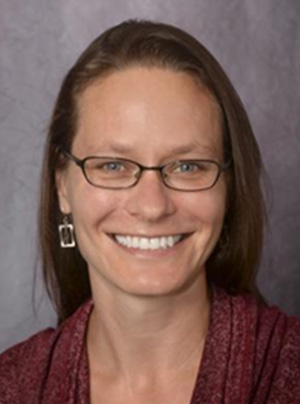
Dr. Susan Lang is a biogeochemist who investigates the relationships among water, rocks, and microbes. Her research focuses on the transformations of organic matter during water-rock interactions and on determining the underlying physical and biological parameters that control them. She received her B.S. in Chemistry from the Massachusetts Institute of Technology, and a M.Sc. and Ph.D. in Chemical Oceanography from the University of Washington. She conducted post-graduate research at Scripps Institution of Oceanography and ETH-Zürich in Switzerland. She started her faculty career at the University of South Carolina. In 2022 she became and Associate Scientist at the Woods Hole Oceanographic Institution where she is also the Director of the National Ocean Sciences Accelerator Mass Spectrometry facility, which provides radiocarbon analyses for the global earth sciences and ocean sciences communities.
Fate of dissolved organic carbon in marine hydrothermal systems
The transport and transformation of carbon in subseafloor environments is a significant component of past, present, and future global fluxes. The dissolved organic matter (DOM) in seawater enters the subseafloor and undergoes complex reactions including microbial processing, interactions with the rock matrix, and thermal restructuring and remineralization to carbon dioxide. Large shifts in concentrations, isotopic compositions, and molecular abundances provide a rich source of information about the environments through which fluids have circulated. Broad patterns linking geological setting to the fate of organic molecules can now be drawn, including the wide-scale removal of seawater DOM in ridge-flank systems, and large additions of abiotically synthesized compounds into fluids that interact with mantle rocks. Outstanding questions remain concerning the role of hydrothermal circulation as a source of refractory organic matter and its impact on the isotopic signature of deep oceanic DOM.